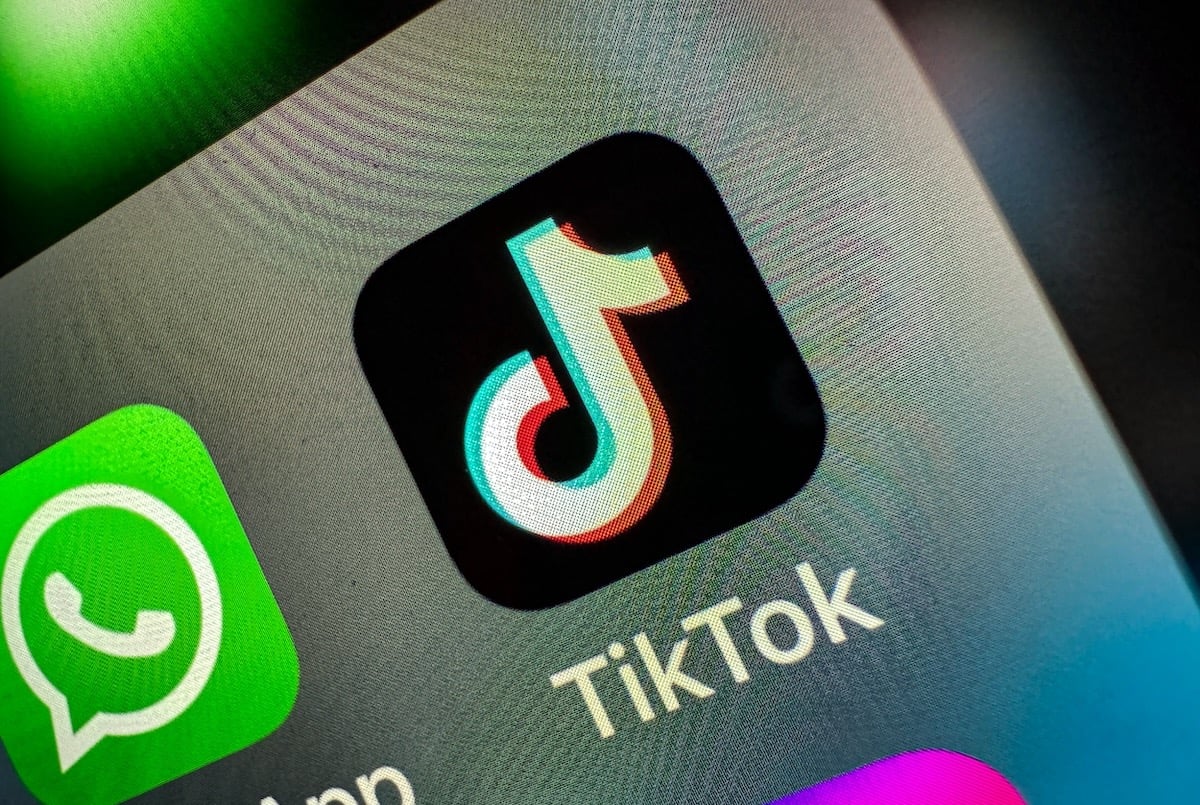TikTok has been banned, effective immediately, in Nepal for its detrimental effect on “social harmony” and “goodwill” among the people.
Neil Gaiman has a short story called “And Weep, Like Alexander” from his anthology book, Trigger Warning, the gist of which is that a man encounters another man in a bar, who tells him he uninvents things for the world—meaning he takes items in our day-to-day life and erases all memory of them from existence to make the world a better place.
The collection was published in 2015, and I frequently check in with myself to see what one item, in the entire world, would I uninvent to make society better. My answer is always the same: leaf blowers (they are atrocious for the environment and your lungs). However, there is a part of me that wonders how society could improve if social media were wiped off the face of the earth. Nepal, apparently, is interested in that too—at least for TikTok:
The announcement was made following a Cabinet meeting. Foreign Minister Narayan Prakash Saud said the app would be banned immediately.
“The government has decided to ban TikTok as it was necessary to regulate the use of the social media platform that was disrupting social harmony, goodwill and flow of indecent materials,” Saud said.
NPR
Nepal is no stranger to bans on things Americans might take as their god-given right to have. The country banned pornography in 2018.
So why did this happen, and why now? Nepal’s government isn’t really saying:
He said that to make social media platforms accountable, the government has asked the companies to register and open a liaison office in Nepal, pay taxes and abide by the country’s laws and regulations.
It wasn’t clear what triggered the ban or if TikTok had refused to comply with Nepal’s requests. The company did not immediately respond to an email seeking comment.
NPR
While on the surface, this appeals to my inner curmudgeon who doesn’t understand the appeal of the app, politicians within Nepal are attacking the decision as an infringement upon speech:
Gagan Thapa, leader of the Nepali Congress party which is part of the ruling coalition, said the government’s intention seems to be to “stifle freedom of expression”.
“Regulation is necessary to discourage those who abuse social media, but shutting down social media in the name of regulation is completely wrong,” he said in a post on X, formerly known as Twitter.
The Guardian
Here’s where it gets even more complicated: TikTok is owned by ByteDance. ByteDance is widely believed by Western governments to have shared, or have the potential to share, sensitive data about its users with the Chinese government. This is why the U.S. Government banned the app from all government-issued phones earlier this year.
It all comes down to China.
Lawmakers and regulators in the West have increasingly expressed concern that TikTok and its parent company, ByteDance, may put sensitive user data, like location information, into the hands of the Chinese government. They have pointed to laws that allow the Chinese government to secretly demand data from Chinese companies and citizens for intelligence-gathering operations. They are also worried that China could use TikTok’s content recommendations for misinformation.
TikTok has long denied such allegations and has tried to distance itself from ByteDance.
New York Times
There has been similar debate in the U.S. as to whether government officials’ problem with TikTok really comes from data safety concerns or from a desire to suppress the app’s grassroots effects on political discourse. So whether the Nepalese government is following suit from other governments and just taking it to an extreme degree, is banning the app to silence political speech, or really does believe that the app is simply bad for society is unclear.
It does, however, make it clear to me that un-inventing something, even if you think society could improve on the surface, is a messy process. In real life, you can’t simply uninvent something (you live to see another day, leaf blowers) without a trace; you have to ban it, and people have long memories for these kinds of things.
(featured image: Matt Cardy/Getty Images)










Published: Nov 15, 2023 3:12 PM UTC